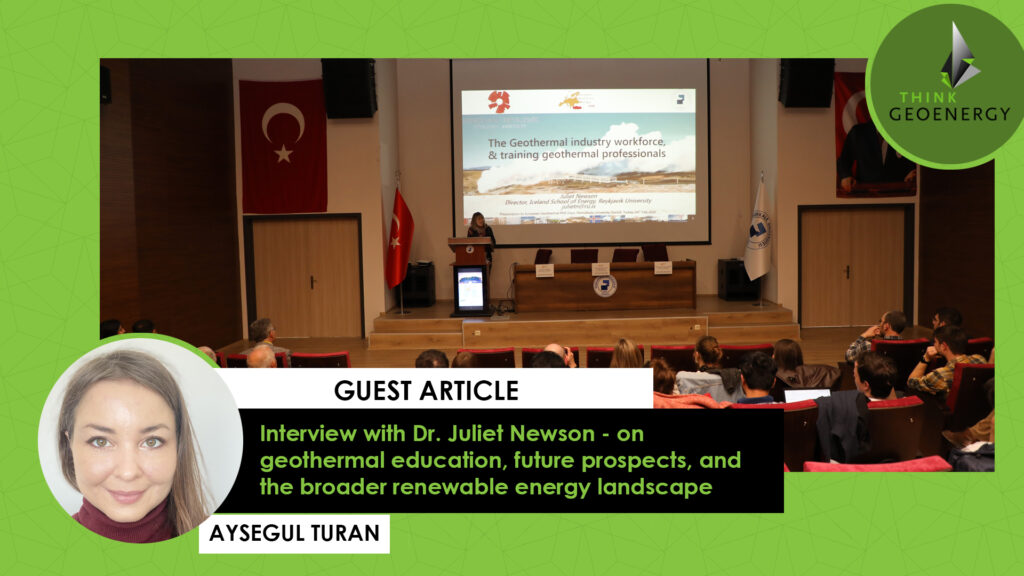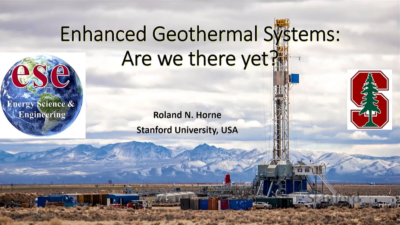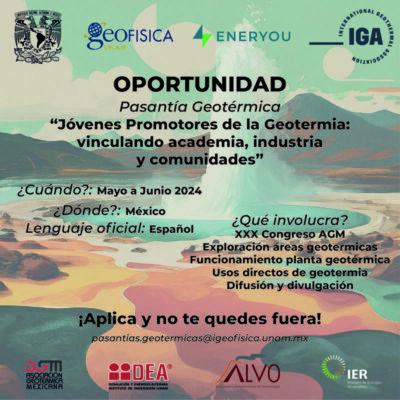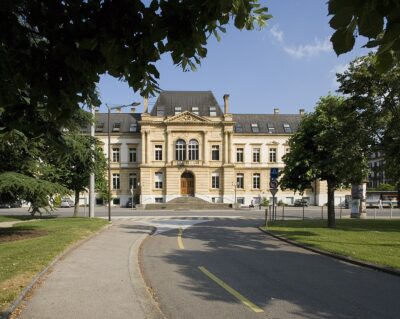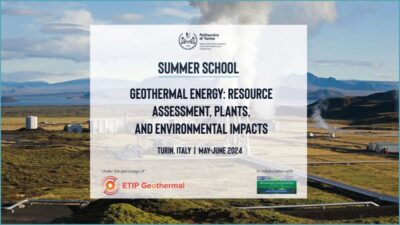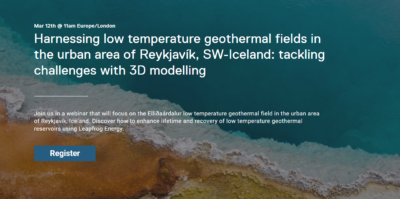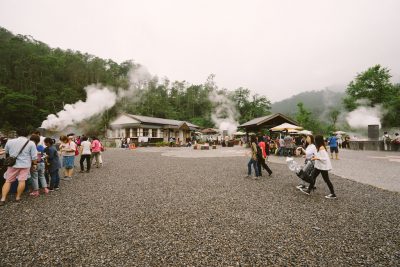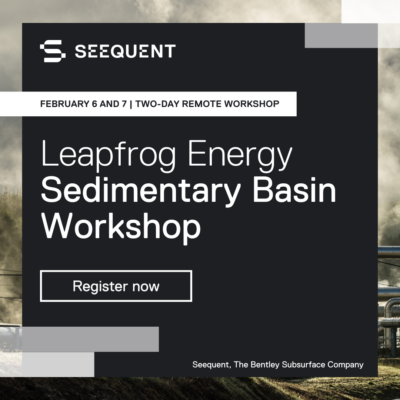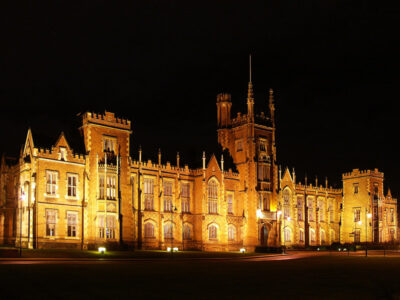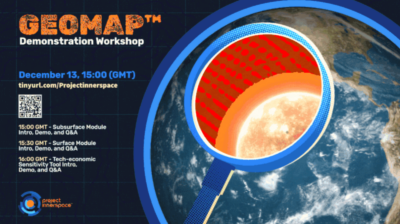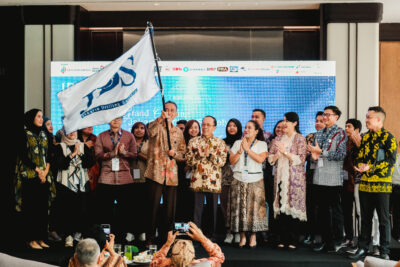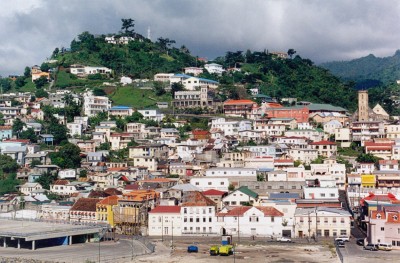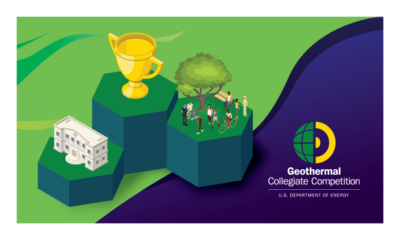Interview – Dr. Juliet Newson on geothermal education and practical experience
In this guest article, Aysegul Turan interviews Dr. Juliet Newson on the importance of geothermal education and the future prospects in the geothermal industry.
How does one reconcile academic work and industry experience in the geothermal sector? In this guest article, Aysegul Turan interviews one of the people who are most qualified to answer this question – Dr. Juliet Newson.
Readers of ThinkGeoEnergy and JeotermalHaberler know Aysegul from her numerous contributions that we have published. She is a geological engineer with 13 years of experience purely focusing on geothermal energy including industry and academia. Her research has been published in various peer-reviewed journals and she has presented at numerous conferences. She is also active in professional networking and has received several awards and fellowships in recognition of her work in the field of geothermal energy.
Renewable energy is a cornerstone of our efforts to combat the climate crisis and build a sustainable future. Among the various renewable resources, geothermal energy holds a unique position due to its ability to provide baseload capacity and to increase energy security.
However, its potential and challenges are often less discussed in the mainstream dialogue about renewable energy. To shed light on this important field, I interviewed Dr. Juliet Newson, Director of the Iceland School of Energy at Reykjavik
University.
Dr. Newson has a rich background in geothermal energy, having worked as a geothermal reservoir modelling engineer for Contact Energy in New Zealand, and she served as the President of the International Geothermal Association from 2013-2016. In this conversation, we delve into the innovations, educational aspects, and future prospects of geothermal energy, exploring how it fits into the broader renewable energy landscape.
I would like to start by thanking you for accepting my interview request. I hope this year will be the time that remarkable steps are taken in our geothermal endeavors. What would you like to say about geothermal energy in general?
Geothermal energy is available from the earth beneath our feet, anywhere in the world. The intensity varies, but at the most it can generate electricity, and at a minimum it can contribute a significant amount of energy to warm and/or cool our homes.
What is next for geothermal? What will we see different in the geothermal decade?
This is an interesting question. There are a number of interesting research directions. I suggest that we will see more use of lower temperature resources from sedimentary basins and possibly the use of heat from oil wells.
There will be increased interest in extracting the minerals from geothermal fluids, as demand for critical minerals grows, and in fact, ordinary industrial minerals such as bulk silica from the Ohaaki Geothermal Power Station.
We are also seeing more variety of fluids, and a variety of engineering designs, for transferring geothermal heat into useable energy. For instance, many creative engineering designs specifying refrigerants, CO2, and thermoelectric materials
We are also now seeing more types of borehole configurations, like those used in the petroleum industry, essentially building large-scale underground heat exchangers.
Your career is a mix of academic work and industry. Do you recommend it especially for the ones in renewable energy sector?
Renewable energy is all about getting things done for the good of the planet. So, it makes sense that a lot of it is practical and very ‘applied’. Of course, good engineering needs a strong scientific and theoretical basis, so some experience in the world of academia and research is very useful.
However, in defense of academia, a higher degree with a thesis component shows the world (and future employers) that you can work by yourself for between one to four years, on a new problem and hopefully go some way towards solving it. The point isn’t always the research topic, but the fact that you can organize yourself to do the research and produce a quality report that is judged by experts.
As the director of a master’s program, why do you think graduate level of education is important and necessary in geothermal?
I partly answered that in the previous question, but I can elaborate a bit further here. Geothermal energy as a topic is multidisciplinary, it involves geology, geochemistry, geophysics, drilling, reservoir engineering, steam-field engineering, environmental science, natural resource policy and regulation and social science. For all these specialties you need an undergraduate level of understanding in the topic. In other words, most of the professional specialties used in geothermal are some specialized aspects of the basic subject.
So, you need an undergraduate degree to really get into geothermal topics. I also believe you need some level of awareness that you are getting close to committing to a profession at this point. This probably comes in the master’s degree, not the Bachelor’s.
Congratulations for the success of your students: University of North Dakota and Reykjavik University took home 2nd place in U.S. Department of Energy (DOE) Geothermal Collegiate Competition and two of the six students who received 2022 GR Scholarship Award were also from Reykjavik University! If we define ‘success’ in a different way, how do you define it? What are the moments that you find yourself ‘successful’?
In general, work should be something that you feel has some meaning in your life. Also, there should be some pleasure and moments of fun in your work. I really love getting out into the field, even if it is pouring with rain (better if it is fine though). Obviously, life has ups and downs but I think a feeling that you are making a contribution to society through work is very important.
You are more involved with young people in your daily life. It may be difficult for them to guess what future holds but easier for you to predict. How would you describe the career life in ages of 20s, 30s, and so on?
Oh, that is difficult! People mature at different rates, and they have different priorities. If people want to be in positions of influence, then they will change jobs every 5 to 10 years, but others might find a job they really enjoy and stay in it all their lives. Neither is wrong. I think by the time people have finished a master’s degree, they probably have an idea of what sort of person they are.

European Geothermal PhD Days was hosted, for the first time in Türkiye, by Pamukkale University in 2020 when you were one of the keynote speakers. We had selected the region as it is famous for geothermal resources. It enabled us to show both direct and indirect usage of geothermal at the site. You are directing a master’s program where one of the specialties is geothermal energy, and you are in Iceland. How do you summarize the advantages of being physically close to the resources?
There are several reasons why it is good to be close to the resources.
- I am always saying to our students, nothing beats actually visiting a site and seeing something in reality. This is where the best conversations and the best learning happen. Where you get to ask an expert about why something is the way it is. This can be anything from some technical configuration, like why the pipeline has so many bends, or why the pipeline supports are different; to what do the neighbors say about well testing noise. Things you might not think of if you are looking at a PowerPoint slide but if you are there and you see it, it is real.
- I would also say that geothermal areas are often very beautiful, so it is great to be able to enjoy these; and of course, to be able to go to the hot pools for a swim!
- The more you visit an area, the more you notice about it. And you might start to notice changes and ask questions. For instance, “why is the water level in that pool changed?” “Has it been raining?” If no, what other reason might there be for water level changes. Might this be worth a more formal study? Or sometimes we just file facts away in our memory to ask a question at another place. “Do you notice water level changes in these [other] pools?” That is learning by comparing and contrasting, so it is good if you have a deep knowledge of at least one system.
You were so practical in the field while we were visiting fumaroles at the Kizildere geothermal site in Türkiye. So prepared for the unpredictable weather when you were accompanying your MSc and BSc students for a project meeting in Darmstadt, Germany. I know that you were awarded by police in New Zealand for your courage. Which personal skills do you think helped you in your leadership role in a sector like energy?
I don’t know! I’m quiet and moderately shy, so I don’t think it is my social skills. I’m not particularly well-organized either.
On the positive side, I am not afraid of taking responsibility so that probably helps. I have pretty good study skills myself, and a strong belief in education as social good. I don’t give up easily and I rarely worry about what other people think of me.
I want to emphasize that good jobs are ones where you work with people you like and respect, and I am definitely in that sort of job. If I have to make a decision, I can get good feedback from colleagues and that means I am reasonably confident in my decisions. Also, having varied work experience helps in decision-making.
I believe that active community outreach is one way to encourage more women to study the sciences and engineering disciplines and take leadership positions. We need to be visible, be vocal, and act together to ask for a change. What is your solution proposal to accelerate gender equality?
Our education system tries to push people through directly from school to university and through university system without any interruption. This doesn’t work as well for women as it does for men, because women are the ones who have the added responsibility of carrying babies, and often of caring for them once they are born. This tends to interrupt higher degrees and, of course, careers.
Having men help with the caring is part of the answer, but the higher education system needs to be designed to allow for and actively encourage people who want to return to education, who may only be able to study part time. Universities talk about ‘lifelong learning’, but I think as an industry we need to do better.
Right now, potential students need to know that it is never too late, not to worry about what others say. I was 52 years old when I graduated with a PhD. A lot of people told me to my face I would never ‘get anywhere’; others told me a PhD wasn’t ‘worth it’. Originally when I went to inquire about starting a BSc when I was 27 years old, a (male) lecturer told me I probably wouldn’t succeed, and I would never be a contender for a scholarship. I graduated top of the class in Geology, and later I was awarded a PhD scholarship.
Here are the highlights I found encouraging from your previous interviews: ‘Anything you learn is useful!’ ‘Having quite a lot of tolerance for not knowing.’ ‘Be alert to opportunity because if you’re not alert to opportunity then you just drift and it’s pointless.’ ‘If you wait for the perfect time, it’s just not going to happen.’ What is today’s headline?
Looking back at what I have written, I think the headline for today is ‘Believe in yourself and actively take on responsibility.’
